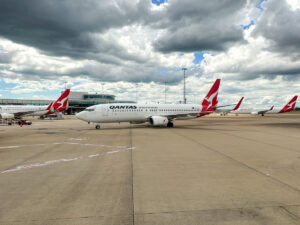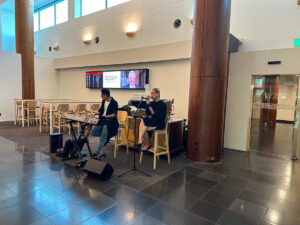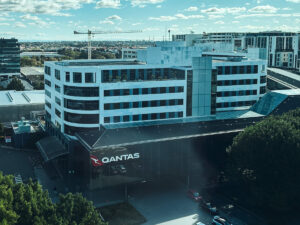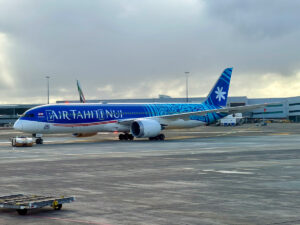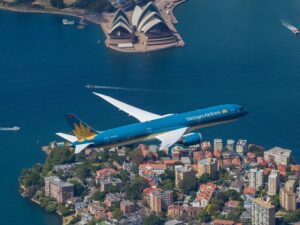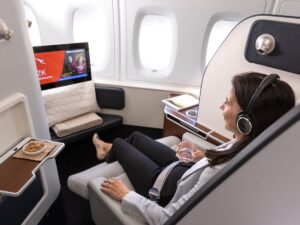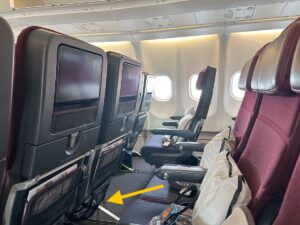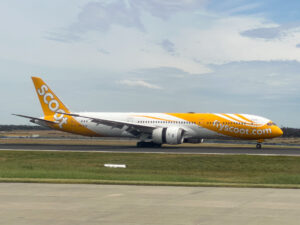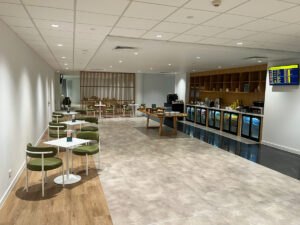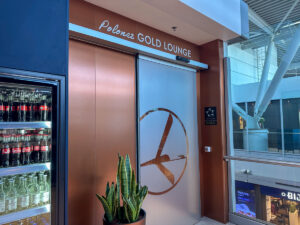One member finds themself stuck in a hiatus from flying as they suffer from severe motion sickness. They ask for advice on how to minimise the effects and get back in the air.
I used to travel regularly, but a few years ago developed severe motion sickness and have now developed a fear of this and haven’t travelled since. I am keen to fly again regularly with my family and perhaps try a short trip as a start. Of course I am speaking with my dr etc but would value opinions from other travellers. In particular:-
– Are any planes (eg newer, larger) less prone to motion? If so, what planes types should I look for when booking?
– Any short routes from Sydney recommended? (although short trips may have smaller planes?)
– Any support out there for people like me – not scared of flying, but suffer severe motion sickness and now scared of getting sick while flying?
According to our experts, size does matter. Larger aircraft are said to be less prone to the effects of turbulence. For this reason, several people suggest flying on the A380, the world’s largest commercial airliner. This would mean having to fly overseas, however it is noted that a number of other wide-body aircraft operate shorter domestic routes. Our members don’t recommend smaller propeller aircraft, which could be more prone to turbulence and give a bumpier ride.
Where you sit on the aircraft can also make a big difference. The centre of the aircraft is said to be least prone to the effect of all motions. Some members also find that sitting by the window can help as they are able to see outside and view the horizon. For these reasons, it seems our members’ top tip is to choose a window seat directly over the aircraft wing.
There are also a number of traditional anti-motion sickness strategies that can be applied. Ginger is a common remedy, and sipping ginger ale is said to help. There are also a variety of medications available to reduce the effects of motion sickness.
I find sitting in a window seat middle of the wings works best to alleviate mine – I like to see the horizon (same as in a car). Also sipping on ginger ale or lemonade and always having a full stomach helps also. Bigger the plane the better too – they don’t bounce around as much. You can get OTC tablets at the chemist as well to help.
Join the discussion HERE.
